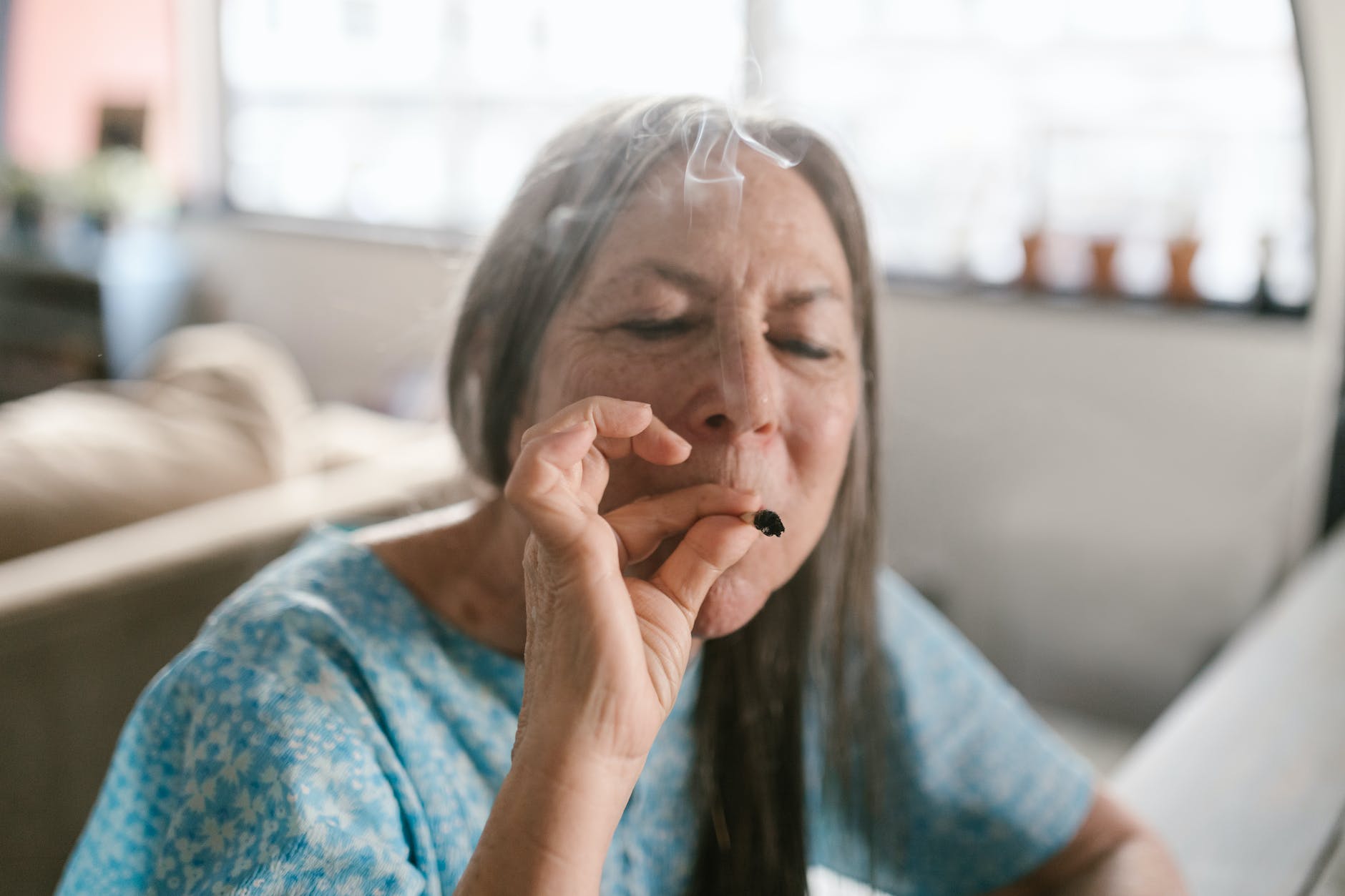In the world of policy making, one of the hottest topics over the past decade has been the legalization of cannabis. As countries grapple with the issue of marijuana legalization, public opinion, international law, and medical science often pull in different directions.
At one end of the spectrum, countries like Uruguay and Canada have enacted laws that permit not only the use of medical cannabis, but also recreational cannabis. Uruguay made headlines in 2013 when it became the first country to fully legalize the production, sale, and consumption of marijuana. Becoming the pioneer in the complete decriminalization of the plant. Canada followed suit in 2018, when the Cannabis Act came into effect, legalizing cannabis for both medicinal and recreational purposes.
In the United States, the laws regarding cannabis could be described as a patchwork; laws differ from state to state. Some states, like Colorado and Washington, have legalized recreational marijuana, while others permit only the use of medical cannabis. A number of states have decriminalized the possession of small amounts of marijuana, while in others, it remains a criminal offense.
The trend of decriminalization continues in Europe. Portugal famously decriminalized all drugs in 2001 in an attempt to tackle its wave of drug related deaths. According to the drug policy of Portugal, being caught with marijuana (or indeed, any drug) isn’t a criminal offense, instead it is seen as a public health issue. It is important to note that decriminalization isn’t the same as legalisation; it is still illegal to produce or sell drugs in Portugal.
The Dutch approach is well known too. Despite what many people think, marijuana isn’t technically legal in the Netherlands. Instead, the Dutch operate a policy of ‘tolerance’ known as ‘gedoogbeleid’. This allows for the sale of cannabis in licensed coffee shops, and possession of up to five grams. While growing marijuana on a commercial scale is strictly prohibited in the Netherlands, the cultivation of up to five plants per person for personal use is often overlooked by authorities.
Further south, some countries in Latin America and the Caribbean are also reconsidering their approach. Many of these regions have experienced the negative impacts of the War on Drugs. As a result, several countries have made moves toward decriminalization and even commercialization.
While these are steps forward for those advocating for marijuana legislation reform, it is important to understand that each country’s legal stance on cannabis can vary greatly. Variables such as the amount one can possess or cultivate, the legality of selling and distributing, the use of marijuana for medical purposes, and the societal and cultural views on marijuana use differ vastly from one place to another.
Even nations that have legalized or decriminalized marijuana are still grappling with the complexities of regulation and control. There are debates over the health impacts, both positive and negative, of cannabis consumption. The challenge of controlling the market and keeping it out of the hands of criminals is a daunting task. Also, there are serious discussions around the laws and protocols concerning driving under the influence of cannabis.
While the movement towards legalization continues to gather momentum both within the United States and beyond, the legal landscape of marijuana legalization is complex and ever-changing. Nevertheless, the trend towards legalization appears to be growing as the potential benefits, both medicinal and economic, become more widely recognized.
